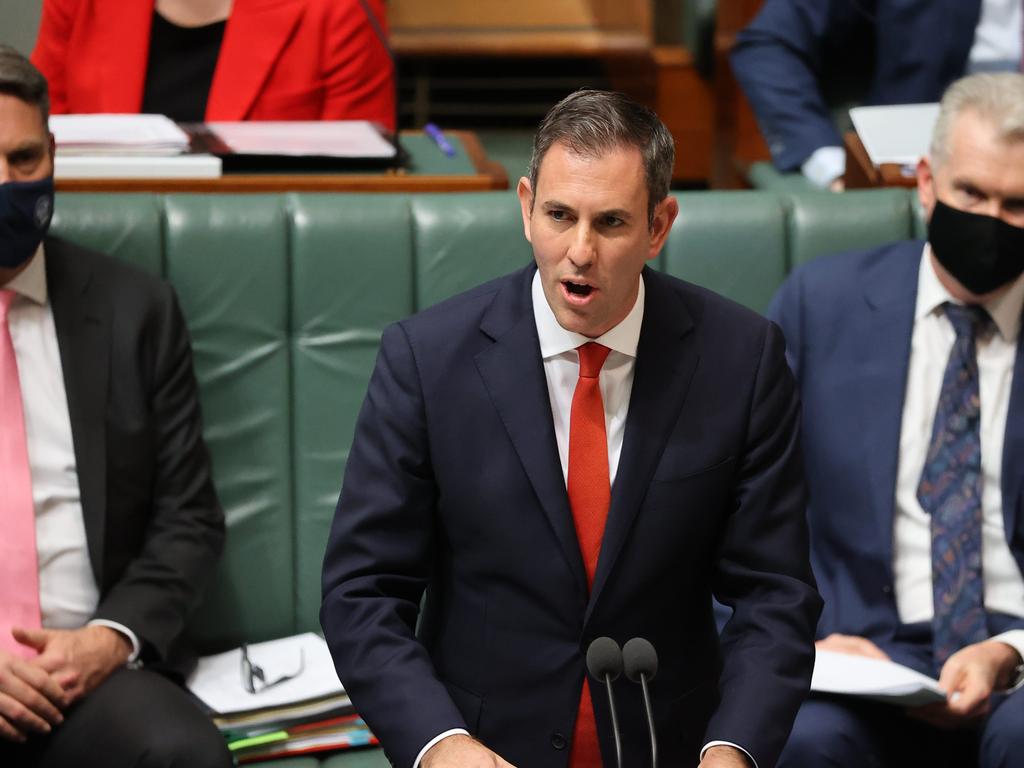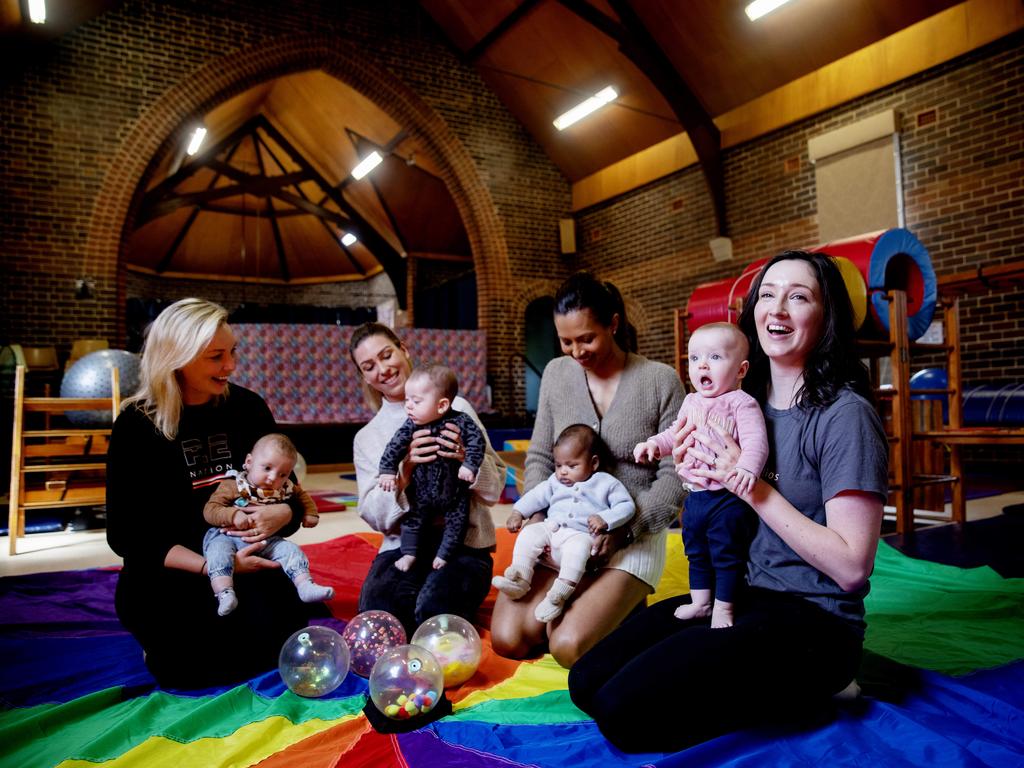Don’t blame millennials for the economic gap
House prices and the high cost of living are definitely widening social fissures between the generations. But is the divide just economic or is there also a profound values gap?

Some things they should not do were fairly well enunciated in comments from the postwar generation, which does not want all their hard-earned savings, including superannuation, and the family house unfairly taxed in the name of helping a younger generation. As many readers pointed out, they would be helped anyway when the postwar generation moved to a (hopefully) better place.
Housing prices and the high cost of living are definitely widening social fissures between and within generations. But is the divide between generations just economic or is there also a more profound values gap?
The biggest social change and main long-term economic problem is that marriage and family are disappearing as a foundational good, the nucleus of society. It is happening because we have raised an emotionally immature generation or, more practically, this generation cannot get married and afford a mortgage to buy a house. My view is that both are true.
The recent Intergenerational Report makes clear that the low birthrate, which will affect our future more than any other single economic problem, overlays all other economic and social issues. Although it is a worldwide phenomenon with many origins, in Australia the principal driver for the baby bust is the decline in marriage and family formation.
Governments can do a certain amount to encourage young people who wish to have families with practical policies such as first-home buyer schemes and cheaper social housing loans, not just rental schemes. All these are important.
But housing cannot be seen in isolation. Reformation of the tax system has been a principal aim of family advocacy groups for many years, especially income splitting to make family income the basis of taxation rather than individual income, so children are part of the equation. It is a much more pro-family policy than increasing already generous childcare subsidies that are really aimed at luring women back into work earlier than they might otherwise want.
Another area of practical help for families is ameliorating or even abolishing HECS and HELP debts for couples with children.
We need children because if the tax base shrinks much further the consequences for the next generation will mean a longer working life and an imploding economy with less services. So far, the only way we have propped up the fall in births is to bring in more immigrants, but immigrants come in the prime of life. Consequently, their working lives are shorter, the middling demographic increases more quickly and the proportion of the older non-working demographic becomes even more disproportionate. Immigration can help the situation only if immigrants have more children than the native born, but after the first generation they don’t. Nevertheless, without them the situation would be dire.
RedBridge Group analyst Kos Samaras puts the situation starkly thus: “We know millennials are having fewer children than older generations. Housing crisis is in part to blame here. This will have a dramatic impact on our economy by shrinking the tax base. But what if I told you it’s actually worse. If we remove diverse communities from the equation, it’s really grim. Here is a comparison of Indian-Australian couples with kids versus Australian-born couples with kids, 68.4 per cent versus 40.5 per cent for all age groups. Now take a look at kids under five, where nearly all parents are millennials. (It is) 31 per cent versus 16 per cent. The birthrate for millennials born in this country has fallen off the cliff. FYI, the oldest millennials are knocking on 40 now.”
Sounds grim, all right. The political landscape won’t be as stable as that of previous generations. According to RedBridge’s national polling, the cost-of-living pressures and housing crisis mean voters under 35 are moving away from the two-party system towards the Greens. Twenty-eight per cent of voters under 35 support the Greens, 27 per cent support the Liberals. This fragmentation also may hurt Labor. Interestingly, this has been confirmed by research from Matthew Taylor for the Centre for Independent Studies.
The breakdown of family means increasing reliance on the welfare state as a substitute for the family, despite fewer workers to support welfare with their taxes.
Consequently, the pressure from the generation not yet 40 for the older postwar generation to surrender much of their wealth in increased taxes and penalties is not likely to ease in the foreseeable future. But for all the odium heaped on the young as emotionally immature, social-media addicted vegans, how much have baby boomers brought on themselves?
How much of this is a result of the cultural revolution initiated by an elite in the postwar generation that trashed the values that support the traditional nuclear family? Ultimately there is a values gap between the generations. It is quite profound, and whose fault is that?








As a columnist with a widely disseminated platform, I like readers to have their say. However, my recent column about the so-called generational divide, the millennials v the baby boomers, attracted many comments about the growing economic divide between the generations, many critical of the millennials, with some readers demanding: “Well, what would you do?” Glad I’m not the government because anything governments can do about the generational economic gap is fairly limited.